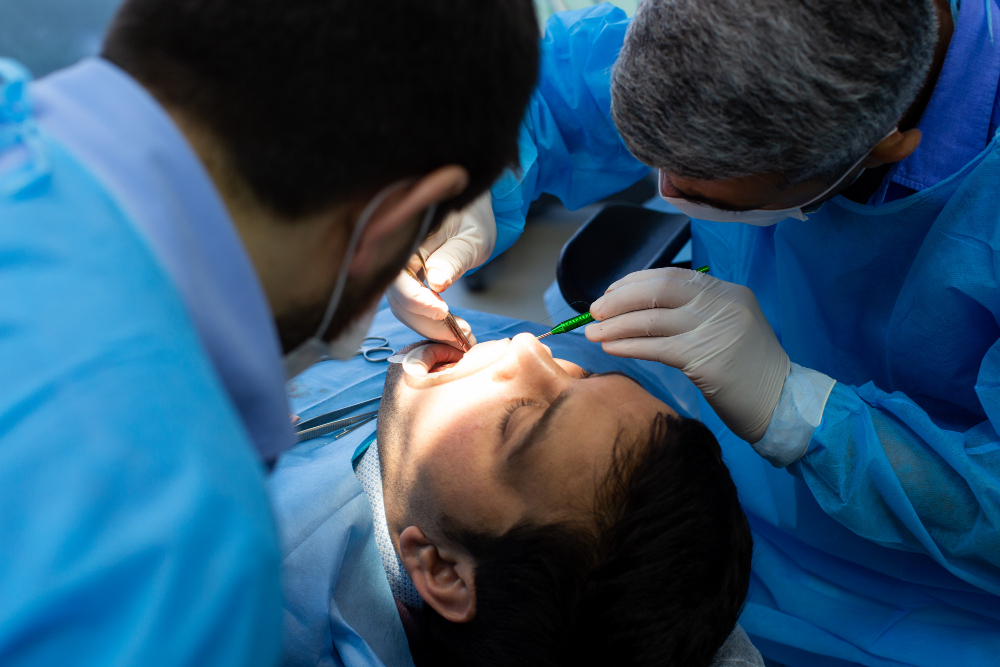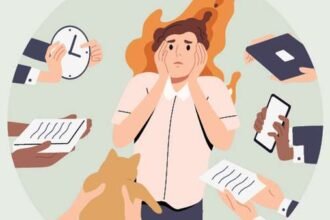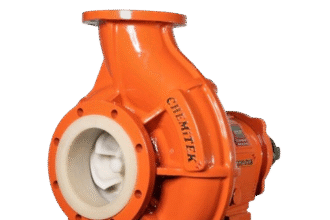Dental emergencies can catch you off guard, leaving you in severe pain or discomfort when you least expect it. Knowing when to contact an emergency dentist and understanding how they can help is key to protecting your oral health and finding relief quickly. This guide takes you through everything you need to know about emergency dental care, from common situations that require immediate attention to the services you can expect during your visit.
What is an Emergency Dentist?
An emergency dentist in Leesburg is a dental professional who specializes in providing urgent care for dental issues that require immediate attention. These dentists are equipped to handle unexpected dental problems, such as severe toothaches, broken teeth, or oral injuries, ensuring patients receive timely treatment to avoid further complications.
Unlike regular dental appointments, which are planned in advance, visits to an emergency dentist are usually unplanned and aim to alleviate pain, prevent infection, or save damaged teeth.
When Should You Seek Emergency Dental Care?
Not every dental issue requires immediate treatment, so it’s essential to know the difference between a genuine dental emergency and a problem that can wait for a regular dentist appointment. Here are some clear signs you should contact an emergency dentist right away:
Severe Dental Pain
If you’re experiencing intense, persistent dental pain that over-the-counter painkillers can’t relieve, it could be a sign of an underlying issue like an abscess, exposed nerve, or severe cavity.
Knocked-Out Tooth
Acting quickly is vital in the case of a knocked-out tooth. If you can recover the tooth and keep it moist, an emergency dentist may be able to reattach it if you seek help immediately.
Cracked or Broken Tooth
While minor chips can be handled non-urgently, a deeply cracked or broken tooth exposing the nerve requires urgent care to prevent infection and manage pain.
Uncontrolled Bleeding
Bleeding gums after flossing or brushing are usually harmless, but if you’re experiencing uncontrolled oral bleeding due to an injury or dental surgery, it’s time to see an emergency dentist.
Swelling or Abscess
Swelling in your gums, jaw, or face could indicate a serious infection, such as a dental abscess, which may spread to other parts of your body if untreated.
Lost Dental Filling or Crown
Losing a filling or crown can leave your tooth vulnerable to damage or infection. An emergency dentist can restore the tooth and guide you on next steps.
Injury to Soft Tissues
Unintentional injuries to your gums, cheek, tongue, or lips that result in significant cuts or swelling are best addressed by an emergency dentist due to their specialized care techniques.
How to Prepare for an Emergency Dentist Visit
Whether you’re dealing with a throbbing toothache or a chipped tooth, preparation can help reduce stress and make the treatment process smoother. Here are some steps to follow before heading to an emergency dentist:
- Call the Dentist
Contact the emergency dental clinic ahead of time (if possible) to notify them of your situation. They can provide immediate advice and prepare for your arrival.
- Bring Essential Information
Have your medical and dental history handy, along with information about any medications you’re taking. This will help the dentist provide accurate and safe treatment.
- Store the Tooth or Dental Piece Properly
For knocked-out teeth or broken crowns, rinse them gently to remove dirt and store them in milk or a tooth preservation solution until you reach the clinic. Avoid touching the root of the tooth.
- Manage Pain or Swelling
Use a cold compress on your cheek to reduce swelling, and over-the-counter pain relievers can help manage discomfort until you see the dentist. Avoid taking aspirin, as it may increase bleeding.
What to Expect During Your Visit
Emergency dental appointments are designed to provide prompt, effective care. Here’s what generally happens during a visit to an emergency dentist:
- Assessment and Diagnosis
The dentist will evaluate your condition through a physical examination and possibly X-rays to determine the extent of damage or infection.
- Pain Relief
Before administering treatment, the dentist will focus on managing your pain to ensure you’re comfortable throughout the procedure.
- Immediate Treatment
Depending on your condition, the dentist will perform the necessary procedure to address the issue. This could include filling a cavity, extracting a tooth, treating an infection, or repairing damage.
- Aftercare Advice
Once the treatment is complete, the dentist will provide aftercare instructions to promote healing and prevent complications. You may also receive a prescription for pain relief or antibiotics if needed.
Tips to Avoid Dental Emergencies
While some dental emergencies are unpredictable, you can take steps to minimize your risk. Here are some preventative measures to consider:
- Practice good oral hygiene by brushing and flossing regularly.
- Visit your dentist for routine check-ups and cleanings.
- Use a mouthguard during sports or physical activities to protect your teeth from injury.
- Avoid chewing on hard objects like ice, pens, or fingernails.
- Address dental issues like cavities or loose fillings promptly before they worsen.
Finding an Emergency Dentist Near You
If you’re in need of immediate dental care, searching for “emergency dentist” online can help you connect with clinics in your area that provide urgent services. Many clinics offer online booking and after-hours availability to ensure you get the help you need, no matter the time.
Protect Your Smile with Prompt Action
Dental emergencies are never convenient, but knowing when and how to contact an emergency dentist can make all the difference in protecting your oral health. Whether it’s a severe toothache, a knocked-out tooth, or an infection, seeking prompt care ensures effective treatment and reduces the risk of complications.
Don’t wait to get the help you need. Prioritize your oral health and keep your dentist’s contact information handy for those unexpected situations. Your smile deserves it.

















